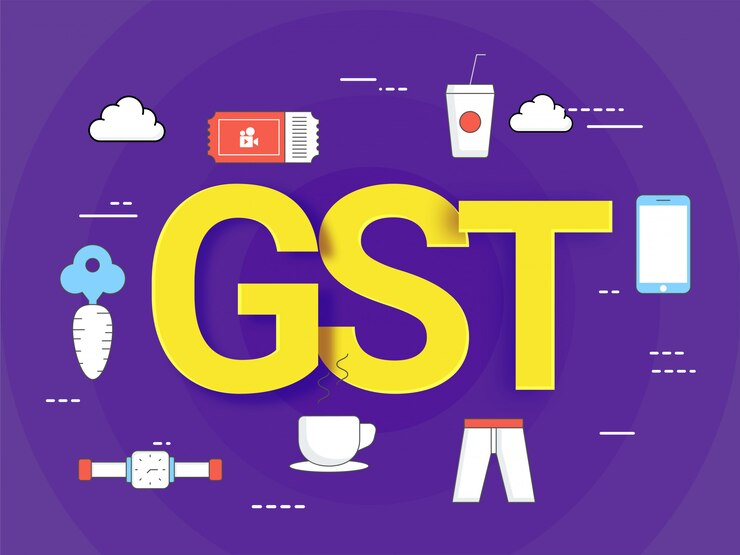Understanding GST for Mutual Fund Distributors

The Goods and Services Tax (GST) introduced in July 2017 marked a significant shift in the Indian tax landscape, consolidating multiple taxes into a unified system. For Mutual Fund Distributors (MFDs), the transition from service tax to GST has impacted compliance requirements, tax liabilities, and operational procedures.
This article provides an overview of GST as it applies to MFDs, covering its basic principles, threshold limits, and the filing requirements essential for compliance.
1. GST Applicability and Registration Thresholds
GST applies to MFDs as they are considered providers of services. Previously, under the service tax regime, MFDs paid a tax rate of 15% on commissions earned.
With the advent of GST, this rate rose to 18%, directly affecting the service costs for MFDs. However, GST also brought in benefits like the Input Tax Credit (ITC), allowing MFDs to claim credits on taxes paid for business-related purchases.
A notable provision under GST is the threshold exemption, which exempts MFDs with annual turnovers below ₹20 lakh (₹10 lakh for special category states) from registration and tax collection. This exemption, however, ceases once the distributor's aggregate turnover surpasses these limits, at which point they are required to register for GST and begin filing returns.
2. Key Compliance Requirements and Reverse Charge Mechanism (RCM)
For MFDs, the shift to GST introduced the Reverse Charge Mechanism (RCM). Under RCM, instead of the service provider (the distributor), the service recipient (usually the Asset Management Company, or AMC) was initially responsible for paying GST on the commission payments made to MFDs. This shifted briefly in 2017, making MFDs responsible for paying GST directly. However, since the modification of RCM for MFD services in October 2017, AMCs are no longer required to handle the GST on MFD commissions.
To maintain compliance, MFDs must stay informed about GST regulations, which change periodically. This includes familiarity with the tax forms relevant to their business, such as GSTR-1 for monthly sales and GSTR-3B for tax payments. Timely filing is essential, as delays attract penalties and interest.
3. Input Tax Credit (ITC) and Composition Scheme
One significant benefit of GST for MFDs is the Input Tax Credit (ITC), which allows businesses to reduce their GST liability by claiming credits for taxes paid on purchases related to their operations. For MFDs, eligible expenses include rent, utilities, office supplies, and professional services. To avail of ITC, MFDs must ensure that their suppliers’ invoices accurately reflect the GST paid.
The Composition Scheme is a simplified tax regime available under the Goods and Services Tax (GST) for small businesses, including mutual fund distributors (MFDs) as a special case. However, this scheme is not applicable to all interstate supply of services, which limits its benefits for MFDs in their routine operations. To qualify for the Composition Scheme, businesses must ensure that their aggregate turnover in the previous year did not exceed ₹50 lakh for services and ₹1.5 crore for goods. Nonetheless, MFDs can apply for separate GST registration in each state under the same PAN. This allows them to classify their service supply as intrastate rather than interstate, enabling them to claim their brokerage effectively.
4. Challenges and Compliance Assistance
GST compliance for MFDs can be complex. Challenges include understanding multiple GST forms (e.g., GSTR-1, GSTR-3B, GSTR-9), managing turnover limits, and navigating the GST Network (GSTN) portal. For many MFDs, enlisting professional tax consultants or using accounting software can help streamline the compliance process.
In conclusion, GST compliance is crucial for MFDs operating above the turnover threshold. By understanding registration requirements, RCM applicability, and ITC claims, MFDs can better manage their GST obligations, avoid penalties, and enhance their tax efficiency.